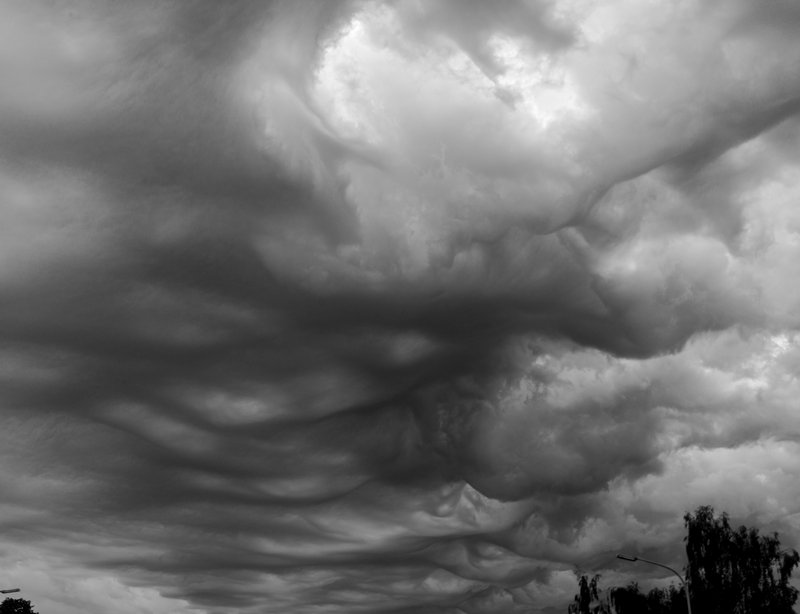
Institute for Experiments with Business (IBEX)
The Institute for Experiments with Business (Ibex) is an emergent research centre, focused on the potential of business, trade and administration as places of critical, creative and collective practice. Ibex co-founders Kate Rich, Maja Kuzmanović and Nik Gaffney have collaborated as part of FoAM for over 20 years.
Why business?
Taking business as a vehicle for life-affirming experiments might at first seem counter-intuitive. Many of us working in the arts, research, education have experienced being swept up or dragged under by a tide of “business” vocabulary and values, as seen in the bonanza of the Creative Industries which considers art and knowledge as drivers of economic growth.
The experiment in business is a familiar apparition too, associated with the “fail fast, fail often” culture of Silicon Valley and the tech start-ups — and a business world configured through a narrow set of coordinates of innovation, competition, growth, and progress.
Yet business can be many things beyond that. It operates in and across different collectives, shapes, and scales. It's (literally) an occupation, an avatar or exoskeleton in which we navigate the hostile yet contestable space that we hazily call “the economy”.
The work of the Institute takes up feminist economist J .K. Gibson-Graham's vision of the economy as an ongoing project of "surviving well together". We adopt legal activist Janelle Orsi’s radical redefinition of enterprise as “any productive activity that could bring us sustenance”. And we pick up the notion of an "insurgent entrepreneurship" from the critical business scholars, to consider how this might work in practice. From these angles, business is not essentially capitalist, but a diverse set of potentially transformative activities that can be taken up by communities as well as individuals. It changes our daily practices and the way we live; it invents futures.
Business also presents a wealth of materials – in its fixtures and fittings, its administrative devices, its corporate forms - as things to experiment with and change. This might mean engaging imaginatively with business staples: budgets, contracts, reports, fundraising, business coaching, and the myriad legal details involved in keeping an organisation in existence. It could involve bringing a sense of possibility, play, even spectacle into the routine work of management and maintenance. And it definitely takes “admin” — that renowned furball of alienation and adversity — as something that can also be inquisitive, mutable, and rich with possibility.
We ground this thinking in practice.
Kate has been running Feral Trade since 2003. A grocery business trading goods over social networks, Feral Trade blurs the distinction between commercial and personal trade, operating from a tiny island of regulatory indeterminacy. In 2020 Kate established the Feral MBA, a radically different kind of training and untraining course in business for artists and others, now up and running as an annual programme at FLOAT, in far east Australia.
FoAM has been experimenting with business structures and ways of sustaining them across different jurisdictions since 2001. To survive more than two decades of economic upheavals, we have incorporated and helped incorporate legal entities in eight jurisdictions so far (limited liability companies, associations, foundations, and coops). We tested various governance structures, developed idiosyncratic accounting practices to interface with institutions in different domains, experimented with financing individuals and collectives (in periods of abundance and scarcity), administered large pan-European projects, and acted as the canary in the coal mine at Davos and other occult gatherings of the World Economic Forum.
Grey Sky Thinking
An area of special attention for the Institute is the exploration of grey areas: regulatory, financial, spatial, constitutional, and jurisdictional. With Ibex we are nurturing a practice of Grey Sky thinking, that considers grey areas as more than sites of disabling risk (or havens for unearned privilege). They are also fertile places where things can be tested and grown, and new claims for cultural legitimacy might be made.

Allies and Companions
The current phase of establishing Ibex as a formal legal organisation forms part of Kate's Marie Marie Skłodowska-Curie Postdoctoral Fellowship, project FRICTIONS hosted at the Alpine Community Economies Lab (ACELab), research arm of the small alpine NGO Brave New Alps (IT). The Fellowship runs from 2024 to 2027 and involves three years of exchange and learning with] The Institute for Technology in the Public Interest BE), Casco Art Institute: Working for the Commons (NL), the Community Economies Institute (AU) and FoAM (BE/CRO).

More information: contact us at ibex@fo.am
Created: 27 Oct 2018 / Updated: 06 Sep 2025











